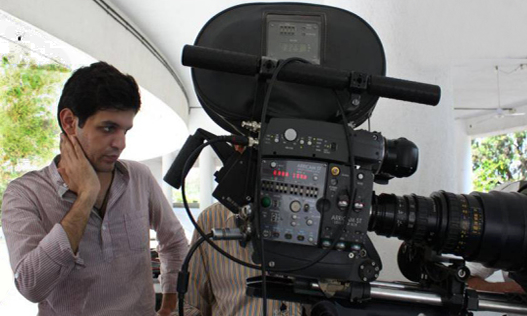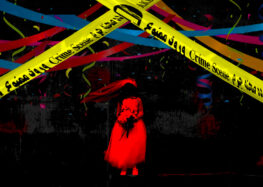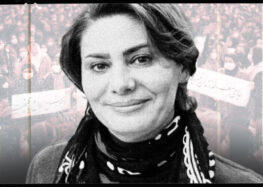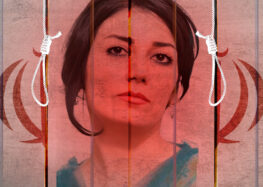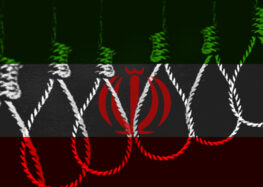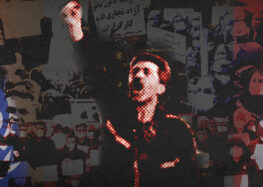Kurdish Filmmaker’s Six-Year Prison Sentence and 223 Lashes Illegal, Says Lawyer
The harsh judgment against filmmaker Keywan Karimi for “insulting the sacred” and “illegitimate relations” is baseless and illegal, his lawyer Amir Raeesian told the International Campaign for Human Rights in Iran.
Karimi, 30, was sentenced to six years in prison, and 223 lashes by Judge Moghisseh of Branch 28 of Tehran Revolutionary Court for his 2012 film Neveshtan Rooy-e Shahr (Writing on the City).
“The maximum penalty for insulting the sacred is five years, but…Judge Moghisseh has condemned him to six years in prison,” Raeesian said.
The lawyer noted that based on Article 134 of Iran’s Islamic Penal Code, which states an individual should serve no more than the maximum sentence for the charge carrying the heaviest penalty in cases of multiple charges, the sentence imposed on Karimi was against the law.
Regarding the flogging component of the sentence, the UN has declared lashing a cruel and inhuman punishment that is tantamount to torture.
Karimi’s trial took place in six sessions that concluded in late September, Raeesian, said, adding that they would appeal the ruling within the 20-day deadline.
“All of Mr. Karimi’s films were made within the law. But the indictment says his film ‘Writing on the City’ had scenes that insulted the sacred. But there are no such scenes. The film is only about graffiti writing on Tehran’s walls,” Raeesian told the Campaign.
Writing on the City, which was produced by Tehran University, is about the history of wall writings and graffiti in Tehran. Some of the scenes in the film relate to the protests that followed the 2009 presidential election in Iran, and, according to a source close to Karimi who spoke to the Campaign, this is what irked the authorities. Karimi was arrested and released on bail in 2014 after the film was released.
“The producer of this film is Tehran University. It has footage from the archives of various institutions such as the Martyrs Foundation, the Islamic Revolution Foundation, and the Center for Islamic Studies. It is the scenes from the Green Movement which seem to have caused some sensitivity,” the source said.
The Green Movement arose from the widespread protests that followed the presidential election in 2009, in which many Iranians disputed the results. Peaceful protests were met with a violent state crackdown. The protests and the Green Movement remain a highly sensitive subject in Iran, and its leaders, Mir Hossein Mousavi, Mehdi Karroubi, and Zahra Rahnavard remain under house arrest.
The source added that Karimi’s Kurdish and Sunni background may also have contributed to his harsh sentence. Iran’s Kurdish ethnic minority and Sunni Muslim religious minority are subjected to significant discrimination and persecution.
The other films of this award-winning filmmaker include Marz-e Shekasteh (Broken Border) and Zendegi-e Zan va Shohar (The Life of a Husband and Wife).

